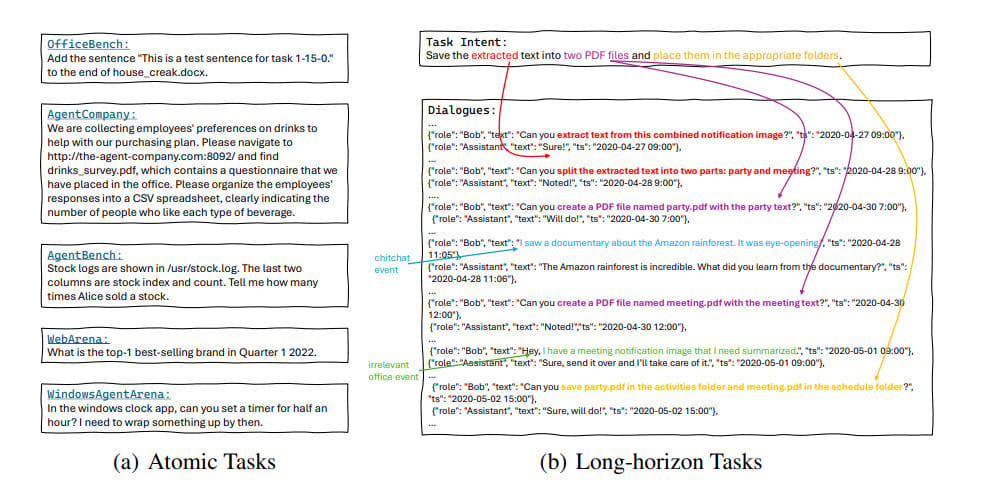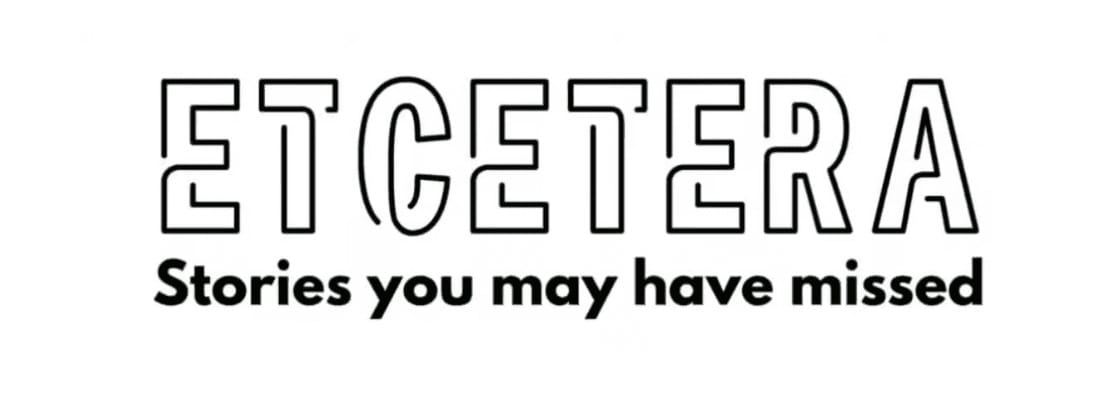In partnership with
Good morning. It’s Wednesday, August 20th.
On this day in tech history: In 1964, Berkeley’s Project Genie quietly changed the operating system game. Funded by ARPA, it introduced memory paging, protected user modes, and interactive time-sharing, concepts that seeped into TENEX and later Unix. Ken Thompson, before co-creating Unix at Bell Labs, actually spent time hacking on one of these machines.
In today’s email:
5 New AI Tools
Latest AI Research Papers
You read. We listen. Let us know what you think by replying to this email.
Turn your rough idea into a fully functional agent!
Nuvi will guide you every step of the way.
Why teams choose Nuvi
No code, no new tool to learn—just a simple document you edit with the help of Nuvi assistant
Quick iteration—change the doc → try again → improve in minutes
One-click setup—connect your tools, share with your team
Popular examples
AI BDR Agent (Gmail, Google Sheets, HubSpot)
RFP generator (SharePoint, Perplexity)
Marketing Assistant (Reddit, X, Google Sheets)
Nuvi is Early Access Only: Try with code AGENT_OVER_BREAKFAST_AUG25
Thank you for supporting our sponsors!

Today’s trending AI news stories
DeepSeek V3.1 just dropped — and it might be the most powerful open AI yet
DeepSeek has quietly dropped V3.1, a 685B-parameter open-source model now live on Hugging Face. The update expands the context window to 128k tokens (roughly a 300-page book) and introduces a hybrid architecture that merges chat, reasoning, and coding in a single system. Researchers digging through the release found hidden tokens enabling search integration and internal reasoning, hinting at new architectural experiments.

DeepSeek V3.1 hits token efficiency once reserved for closed models — cutting cost and latency head-on.
On benchmarks, V3.1 posted a 71.6% score on the Aider coding test, topping all Chinese systems and beating Anthropic’s Claude Opus 4 in cost-efficiency, delivering ~$70 workloads for about $1. The model supports BF16 and FP8 precision, making it tunable for different hardware setups, though its 700GB size keeps it compute-heavy.
The update also came with the quiet removal of references to DeepSeek’s R1 reasoning model, raising questions about delays to the next-gen R2, reportedly stalled by Huawei Ascend chip issues. Read more.
Sam Altman on GPT-6: 'People want memory'
OpenAI is already looking beyond GPT-5, with CEO Sam Altman teasing GPT-6 as a faster, more adaptable model designed to remember user preferences, routines, and tone, and allow fully personalized assistants. Memory is the feature Altman calls his favorite of 2025, though temporary memory isn’t yet encrypted, raising privacy concerns for sensitive legal or medical queries. GPT-6 is also being designed for compliance with a U.S. executive order mandating government AI remain ideologically neutral but customizable, and Altman envisions integration with neural interfaces, robotics, and novel compute substrates.
Meanwhile, In Microsoft and Edinburgh’s OdysseyBench, a 602-task, multi-day test across Word, Excel, PDFs, email, and calendars, OpenAI’s older o3 model topped the newer GPT-5 on the core thing that matters: sustained, cross-app execution. On the hardest OdysseyBench-Neo split, o3 hit 61.26% vs. GPT-5 at 55.96% When workflows required three apps at once, o3 scored 59.06% to GPT-5’s 53.80%.

OdysseyBench includes both simple, single-step tasks and complex, long-term office workflows that require models to manage conversations and coordinate multiple applications. | Image: Wang et al.
The catch is that both models still fumble on long-horizon planning. It botched DOCX/XLSX edits, skipped steps, used wrong tools - exactly the brittle edges that break real office automations. Today's agents may reason better, but reliability across multi-step, multi-app sequences remains the bottleneck.
On the adoption front, OpenAI launched ChatGPT Go in India at $5/month (₹399), doubling memory, expanding quotas for images, file uploads, and Python analysis, and offering tools for projects, tasks, and custom GPTs. Read more.
Meta drops DINOv3 and opens Vision AI for commercial deployment
DINOv3, Meta’s latest self-supervised vision model, has been open-sourced . Seven billion parameters, 1.7 billion images, and no labeled data needed, Meta is giving developers everything: pre-trained variants, adapters, and full training pipelines. The result is strong generalization across messy, annotation-poor domains like satellite imagery or medical scans, and the ability to drop it straight into production instead of just experimenting in the lab.
Meta has also reportedly overhauled its AI org, consolidating teams into four groups under Meta Superintelligence Labs. TBD Labs, run by Alexandr Wang, will focus on foundation models like Llama, while the other units handle research, product integration, and infrastructure. It’s a tight setup aimed at accelerating development and staying in step with OpenAI, Anthropic, and Google DeepMind.
On the user side, Meta AI now auto-translates Instagram and Facebook reels between English and Spanish, syncing dubbed audio to lip movements. Using neural machine translation and generative audio modeling, the system preserves voice expression and automatically surfaces localized content to users, bridging language barriers while maintaining engagement. Read more.
ElevenLabs launches Chat Mode to let businesses build text-only AI agents
ElevenLabs has upgraded its Conversational Agent platform with Chat Mode, letting AI flip effortlessly between text and voice depending on user context. The system analyzes device type, environmental noise, and user behavior, hitting 85% accuracy in real-time mode selection during beta tests.
Leveraging cloud infrastructure and edge computing, response latency drops below 200ms, and low-code APIs enable deployment within days across CRM and workflow systems. Chat Mode enhances customer interactions, from support to sales, while integrating safeguards against bias and deepfake misuse. By enabling context-aware, multi-modal communication, ElevenLabs positions itself at the forefront of hybrid AI agents. Read more.


5 new AI-powered tools from around the web

arXiv is a free online library where researchers share pre-publication papers.



Thank you for reading today’s edition.

Your feedback is valuable. Respond to this email and tell us how you think we could add more value to this newsletter.
Interested in reaching smart readers like you? To become an AI Breakfast sponsor, reply to this email or DM us on 𝕏!








